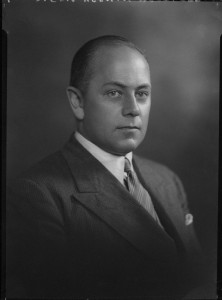13th January 1915
The narrative on the blog has become much narrower since the war went to ground at the end of November. I haven’t written much about what was going on in the wider field of operations. The reason for this is threefold. Firstly I am lazy. Secondly, I am short of time. And, thirdly, I wanted this story to show the world from Frank’s perspective.
I feel that once the soldiers dug themselves into the ground they ceased to be part of a fighting brigade and became small parts in a larger war machine. They became less aware of what was happening beyond the confines of their trench as time went on. Battalions became less important than the company and ultimately the platoon became the defining relationship between fighting men in the trenches.
C.O.Lilly’s recollections describe this shift in perspective perfectly.
I never had the slightest idea of what was going on, my whole life was confined to one small portion of the line and now I realise what an extraordinarily bad training trench warfare was, and is, to teach a soldier his trade.
And in notes at the end of the typed document:
I don’t think it can be denied that trench warfare is about the worst sort of campaigning to teach a young officer his job. He never has any idea of what is going on, except what he can see with his own eyes from his trench.
The Dorsets were relieved by the Bedfords and moved back into billets in Dranoutre.
Three Dorset men were killed today, all privates: W J Mitchell, from Bermondsey, Stephen McCarthy, from Finsbury, and Frederick Thaxter from Thornton Heath, just to the south of Brixton. London supplied the Dorsets with an awful lot of men.
There’s no mention of these casualties in the diary.
